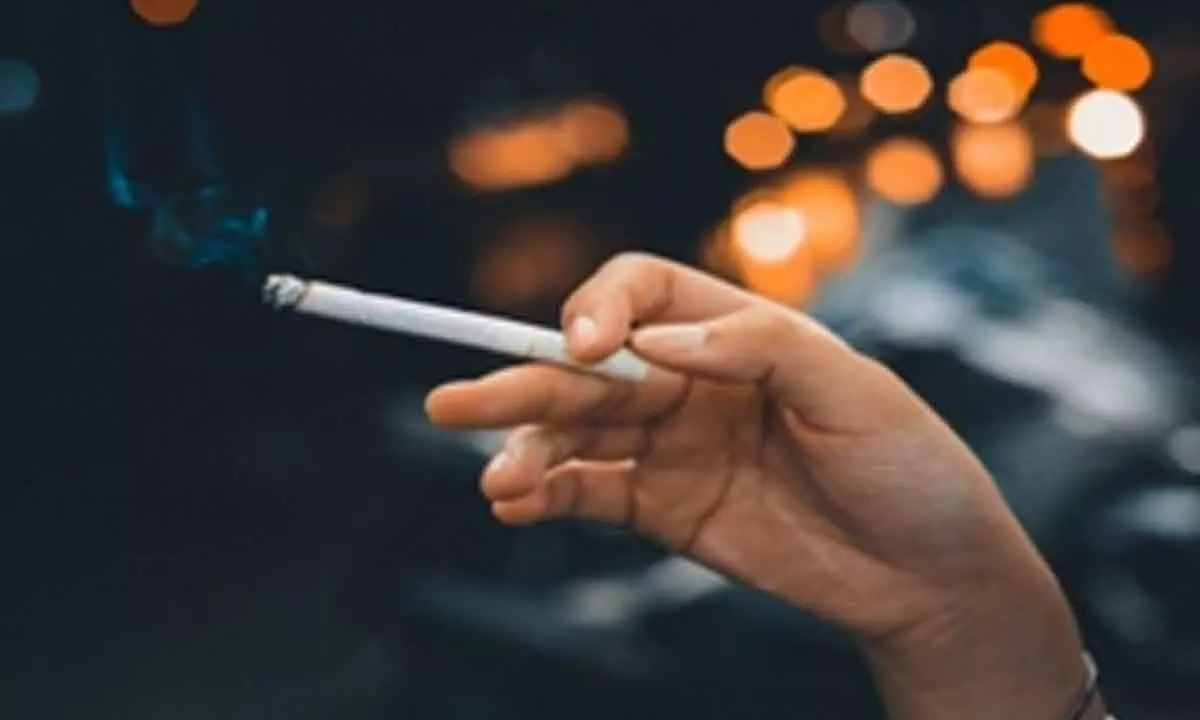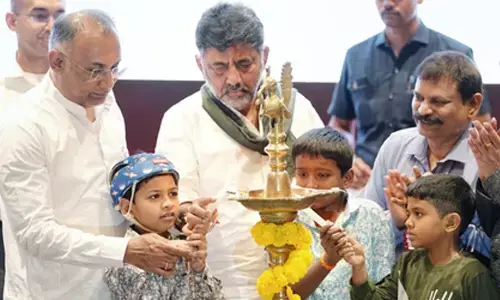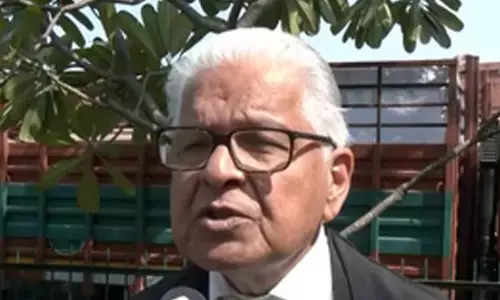Passive smoking poses severe risks to children's health, experts warn
Share :

Passive smoking, also known as second-hand smoke, poses significant health risks to children, who are particularly vulnerable due to their developing lungs and immune systems, experts said on Saturday.
New Delhi: Passive smoking, also known as second-hand smoke, poses significant health risks to children, who are particularly vulnerable due to their developing lungs and immune systems, experts said on Saturday.
Passive smoking in children can result in respiratory problems, Sudden infant death syndrome (SIDS), ear infections, developmental delays, and future heart disease.
Preventing it entails keeping a smoke-free home, avoiding children, and avoiding public smoking areas.
Supporting cessation programmes and educating family members can also help to protect children.
"Passive smoking in children can cause respiratory issues, SIDS, ear infections, developmental issues, and future heart disease. Preventing it involves maintaining a smoke-free home, avoiding children, and avoiding public smoking areas. Supporting cessation programs and educating family members can also help protect children," Ravi Shekhar Jha, Director and HOD, Pulmonology, Fortis Escorts Hospital, told IANS.
"Passive smoking exposes children to harmful chemicals, increasing their risk of respiratory infections, asthma, and SIDS. It can also impair lung development, leading to long-term health issues," he also emphasised.
The consequences of passive smoking are both immediate as well as long-term.
Short-term exposure can irritate the eyes, nose, and throat, as well as coughing, headaches, and difficulty in breathing.
Passive smoking over time increases the risk of developing serious conditions such as lung cancer, heart disease, stroke, and chronic obstructive pulmonary disease (COPD).
"The side effects of passive smoking are both immediate and long-lasting. In the short term, exposure can cause eye, nose, and throat irritation, coughing, headaches, and breathing difficulties. Over time, passive smoking increases the risk of developing serious conditions such as lung cancer, heart disease, stroke, and COPD," Kuldeep Kumar Grover, Head of Critical Care and Pulmonology, CK Birla Hospital, told IANS.
"Particularly vulnerable to the harmful effects of second-hand smoke are infants and children, who are at higher risk for respiratory infections, asthma, ear infections, and SIDS," he also added.
Preventing passive smoking in children requires a comprehensive approach.
Maintaining a smoke-free home and car, avoiding smoking around children, and steering clear of public smoking areas are essential steps.
Educating the public about the dangers of second-hand smoke and encouraging smokers to quit are also crucial measures.
By combining legislative measures with public awareness campaigns, experts believe that the harmful consequences of passive smoking can be significantly reduced.










